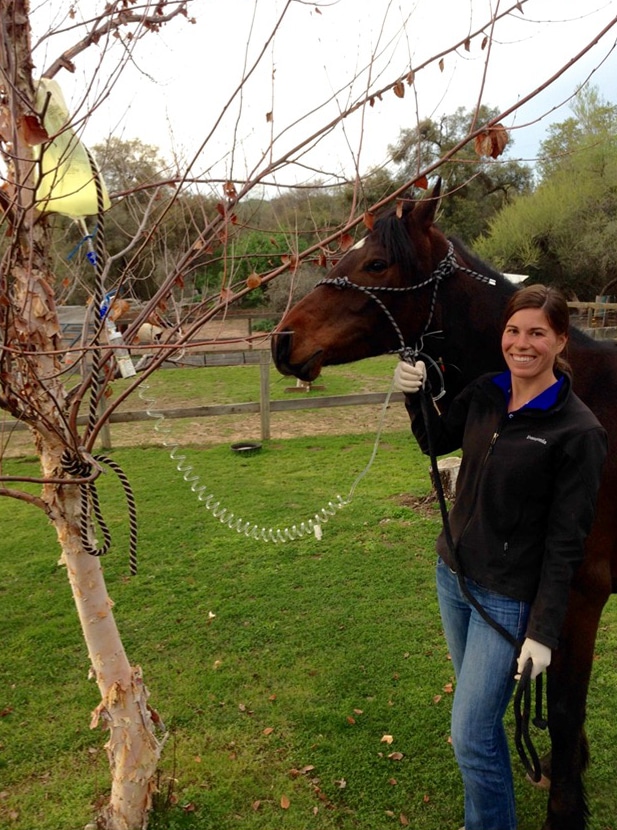
by Langdon Fielding, DVM, DACVECC, DACVSMR
Share:
ARTICLE: New model for identifying horses with Tick Fever.
Tick fever season is arriving and many of you in the areas surrounding Cool, Foresthill, Colfax, and Grass Valley are very familiar with this disease. We frequently see fevers and decreased appetite in horses from the foothills. Diagnosis and treatment is usually pretty easy. Our hospital completed a research project building a model to develop faster ways to reach this diagnosis. Let us know if you have any questions about this important regional disease.
Evaluation of potential predictor variables for PCR assay diagnosis of Anaplasma phagocytophilium infection in equids in Northern California.
C. Langdon Fielding DVM; Diane M. Rhodes DVM; Elizabeth J. Howard DVM; Jennifer R. Mayer DVM
as published at: https://avmajournals.avma.org/doi/abs/10.2460/ajvr.79.6.637
OBJECTIVE
To identify clinical or clinicopathologic variables that can be used to predict a positive PCR assay result for Anaplasma phagocytophilum infection in equids.
ANIMALS
162 equids.
PROCEDURES
Medical records were reviewed to identify equids that underwent testing for evidence of A phagocytophilum infection by PCR assay between June 1, 2007, and December 31, 2015. For each equid that tested positive (case equid), 2 time-matched equids that tested negative for the organism (control equids) were identified. Data collected included age, sex, breed, geographic location (residence at the time of testing), physical examination findings, and CBC and plasma biochemical analysis results. Potential predictor variables were analyzed by stepwise logistic regression followed by classification and regression tree analysis. Generalized additive models were used to evaluate identified predictors of a positive test result for A phagocytophilum.
RESULTS
Total lymphocyte count, plasma total bilirubin concentration, plasma sodium concentration, and geographic latitude were linear predictors of a positive PCR assay result for A phagocytophilum. Plasma creatine kinase activity was a nonlinear predictor of a positive result.
CONCLUSIONS AND CLINICAL RELEVANCE
Assessment of predictors identified in this study may help veterinarians identify equids that could benefit from early treatment for anaplasmosis while definitive test results are pending. This information may also help to prevent unnecessary administration of oxytetracycline to equids that are unlikely to test positive for the disease.


